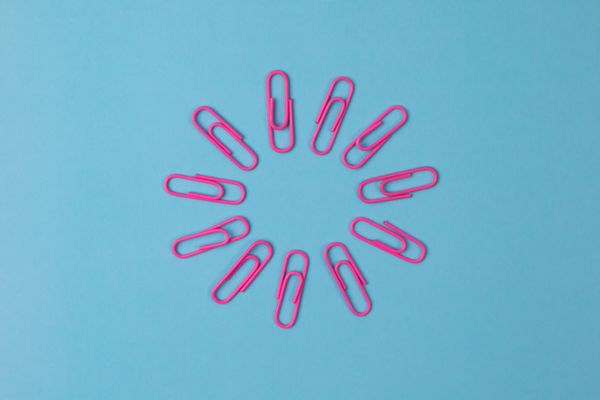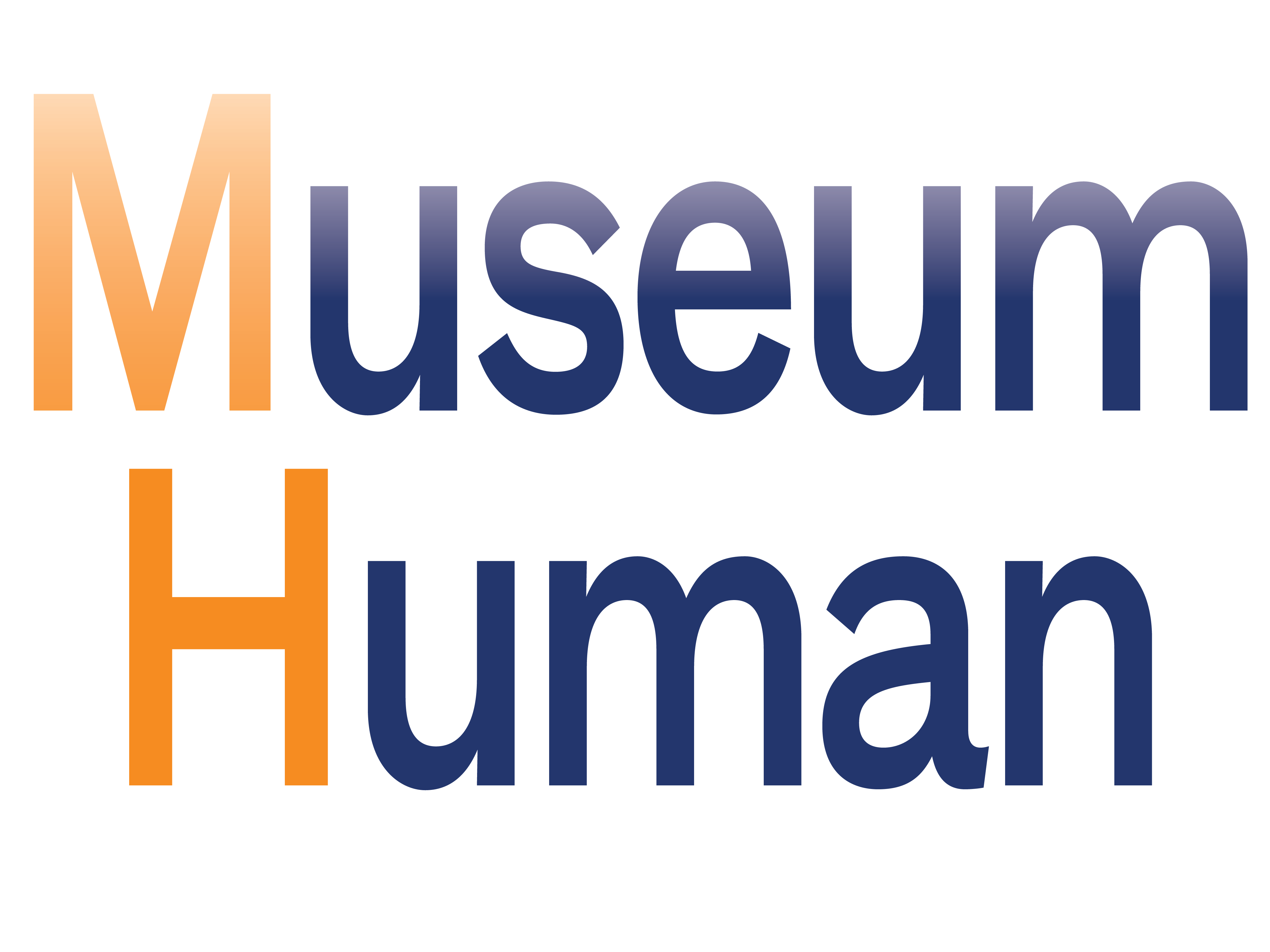
Times of uncertainty breed bubbles from greed and desperation. What do these mean for museums?
If you're reading this and not a subscriber to Museum Human, consider scrolling to the bottom and signing up now—it's free and is the only way to read the site's longer weekly post on the organizational culture of cultural organizations.
One of my new favorite Medium publications, An Injustice!, had this piece about a route out of capitalism, through an imagined take on communism—as much a proposal for an actual movement as an acknowledgment that one of the things that capitalism extracts is the imagination. It made me think of org culture guru Stowe Boyd's piece on the importance of curiosity, closely aligned with the imagination necessary to conceive of a different socioeconomic system (or, from recent Museum Human posts, a different museum model, also here and here). Even political movements in our neverending election cycles, like radical vs moderate, can inflate like bubbles.
And before you scream not realistic! check out this piece on fairness and utopia, from Jessica Wildfire, also writing in Medium's publication An Injustice! It's an important take when museum leaders are waving the fairness and equality banners as a way to forestall change on hybrid work or to push back against more radical demands for staff involvement in institutional decision-making. If museums don't embark on real change more rapidly, they may find themselves left behind by the very people they need to join the field.
Crypto isn't the only bubble out there (check out articles here, here, here, and here), there are also investing and real estate, which has important ramifications for the ability of museum workers to move to expensive areas where many museums are found, as well as work in this famously low-paid sector. And don't forget the bubbles of shopping and low-cost goods and services, affordable in the short term because of the extraction of labor and environmental externalities. Never mind the myth of debt.
Space will probably be a bubble if the tech titans have anything to do with it (which I mentioned two weeks ago).
We shouldn't lose sight of our particular flavor of capitalism, neoliberalism, as this article in Boston Review makes clear:
The result today is a perverse regime defined by the free movement of capital, which moves relatively effortlessly across international borders, even as free movement of the people is ruthlessly controlled by a sharp increase in income inequality and a steady winnowing of democracy. No matter who comes to power, no matter what promises are made before elections, the same economic policies are followed. Since capital, especially finance, can leave a country en masse at extremely short notice—precipitating an acute financial crisis if its “confidence” in a country is undermined—governments are loath to upset the status quo; they pursue policies favorable to finance capital and indeed demanded by it. The sovereignty of the people, in short, is replaced by the sovereignty of global finance and the domestic corporations integrated with it.
Sound a little bit like the "that's the way things are in museums" excuses?
the supposed "wave of growth" ended for good in 2008, since then it's been clear that only the top elites and those with existing wealth not tied simply to housing have benefited from the scarcity/growth model.
Therefore, neofascism is necessary to convince the majority of people in a nation that someone else besides their own elites is responsible for their declining standard of living. Before you say, but surely you can't claim that museums are neofascist!, think of the classic element of fascism, the demonizing of the other as being outside the human concerns of the right people. In museums, so much trouble gets blamed on unreasonable activists or unrealistic young workers who haven't paid their dues. And yet, for all the fingers pointed back (with institutional power) at the relatively powerless (sorry, folks, social media doesn't hold a candle to institutional power—how many low-status workers are laid off for every leader who is driven from their position, only to land quickly somewhere else) this growth/scarcity model can't solve the problems of the museum model. The article continues:
Neoliberalism travels hand in hand with neofascism. But neoliberalism cannot end mass unemployment, which classic fascism did in Japan and Germany through rearmament.
What artificial growth, in the name of giant building projects, has the museum field made rather than investing in people?
Douglas Rushkoff of the book and podcast Team Human (the name of which no doubt inspired this blog) wrote on Medium about the addictive nature of conspiracy beliefs, which we could consider another bubble—though is the bubble reason or conspiracy? Elites have benefited from the paradoxes and inconsistencies that keep us passive and addicted. It's an important take on the inability of the rational (neoliberal) elites to explain away the uncertainty in the world:
All that our seemingly unreachable friends are trying to do is make some sense of a world that is not functioning sensibly. Why would so much of the world be “business as usual” if climate change were real? Why would homes on Miami Beach be selling for millions of dollars if that property were really going to be underwater in a decade? Why is the stock market going up during a global plague? Why are all our computers made in China if they’re spying on us?
Nothing makes sense, and the most vulnerable among us have become addicted to temporary, provisional sense-making online as a substitute for the real thing.
Let's ignore any apparent both-sidesism here; we can apply these lessons not just to anti-vaxxers but to those resistant to change in our museum organizations:
So what can we do to help them? We can begin to acknowledge the inconsistencies leading people to fall into this abyss. Things are not going well, and we’re all a part of the problem. Every time we buy a cheap t-shirt we are supporting slave labor and putting someone out of a real job. Every time we drive a car when we could walk, we are contributing to both climate change and oil wars. Every time we move to a “better” neighborhood to ensure quality education for our kids, we are perpetuating a classist system that denies privileges to those without money. Every time we let our leaders convince us that invading another country is in our best interests, we kill people — including our neighbors’ children.
We don't have to compare museum leaders to the lords of our current neofascist movement to find a parallel in the distracting nature of organizational communication. Every time we hear that change isn't possible yet, or not as we envision it, or we just don't get it, we get sold a story about legacies and enduring institutions.
Or think of it this way, if the essence of neoliberalism is privatizing the public space (as this article in Vox describes), have museums felt the need to move into the public sector because of the abdication of government, but working under the assumption that communities are broken and powerless, things to be fixed (as long as there's grant money and a business plan in it)?
This isn't to argue that museums shouldn't be more involved in their neighboring areas, but that neoliberalism and capitalism put museums in a savior position—and what's a bigger bubble than salvation?
Enjoy the links!
If you're reading this and not a subscriber to Museum Human, consider signing up for a free subscription below—it's the only way to read the site's longer weekly post on the organizational culture of cultural organizations. Thank you for reading!
cover image by Tamanna Rumee on Unsplash [description: a circle of paper clips on a blue background]

Links of the Week: August 5, 2021: Bubble Bath by Robert J Weisberg is licensed under a Creative Commons Attribution-NonCommercial-ShareAlike 4.0 International License.






